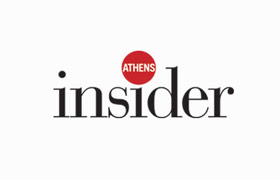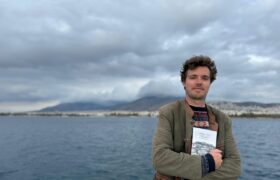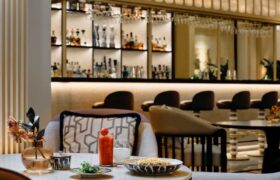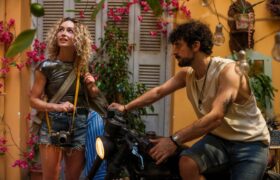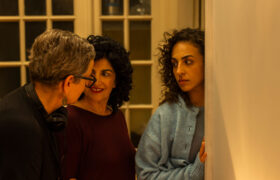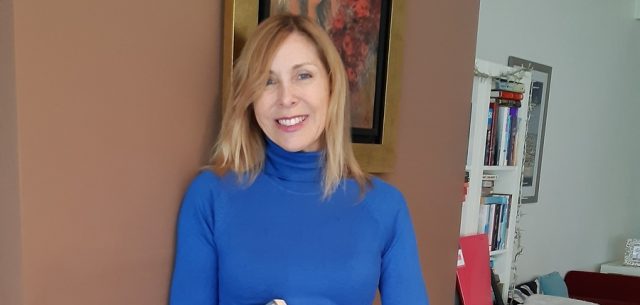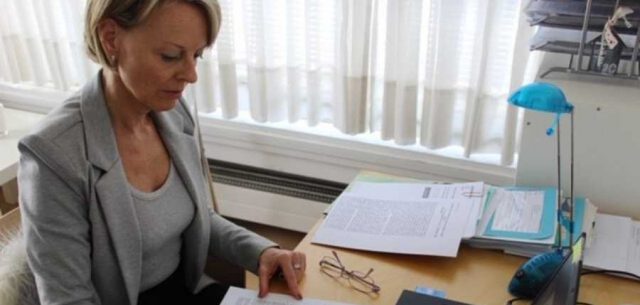Athenian Life in Lockdown
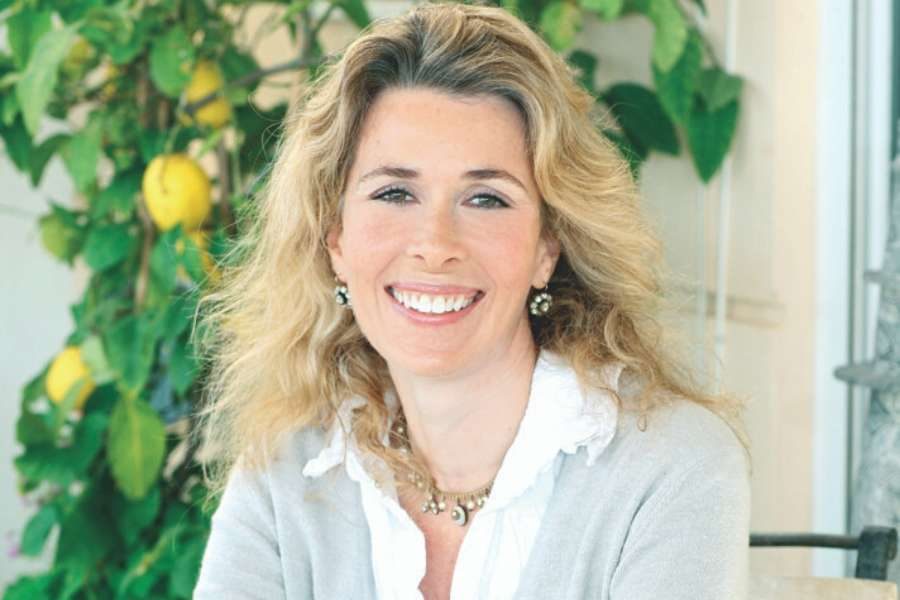
Best-selling writer Sofka Zinovieff on how she believes the pandemic will change us. Suddenly, pressing issues become irrelevant, petty problems like colouring one’s hair get top billing!
Time has stretched and contracted during the developing crisis with coronavirus. It is hard to believe that it was only three weeks ago that my husband and I were planning to meet friends for an al fresco lunch by the sea. On the day we were supposed to meet, the Greek government declared all restaurants and cafes shut. Non-essential shops, malls, gyms and public beaches soon followed. Now we venture from home only if we have sent a text to the monitoring service, feeling lucky that daily exercise is one of 6 essential reasons. We wear gloves and masks when buying food and instinctively pull away from anyone we encounter. Our daily lives have altered immeasurably, as have normal interactions with our fellow humans. These sudden and rapid changes have left us with a raft of worries and fears, from the big ones like, ‘what will happen to our loved ones, spread around the world and with various vulnerabilities?’, to the pettiest ones like, ‘How do I colour my hair at home when I’ve always gone to the hairdresser for highlights?’
Each person experiences something different from the unfolding pandemic; work and economic problems are often compounded by psychological ones. This new life can feel like being shipwrecked on a desert island, being under siege or being imprisoned. Boredom and fear are a toxic mix. However, what is interesting about each unique situation is that the fundamental problem is shared by everyone. We are reassessing what we thought we knew about our life, our environment and our society.
To begin with, I was obsessed with keeping up with the news, even though it stoked my anxiety. With my two daughters (in their twenties) in London, it was horrible seeing UK PM Boris Johnson blithely propose ‘herd immunity’ and failing to introduce measures against the virus. His subsequent infection with Covid-19 looked like hubris. It was bizarre to see how the supposedly organised, disciplined Brits were flailing around, panic buying and drinking in pubs, while the supposedly more anarchic Greeks were paragons of methodical social order.
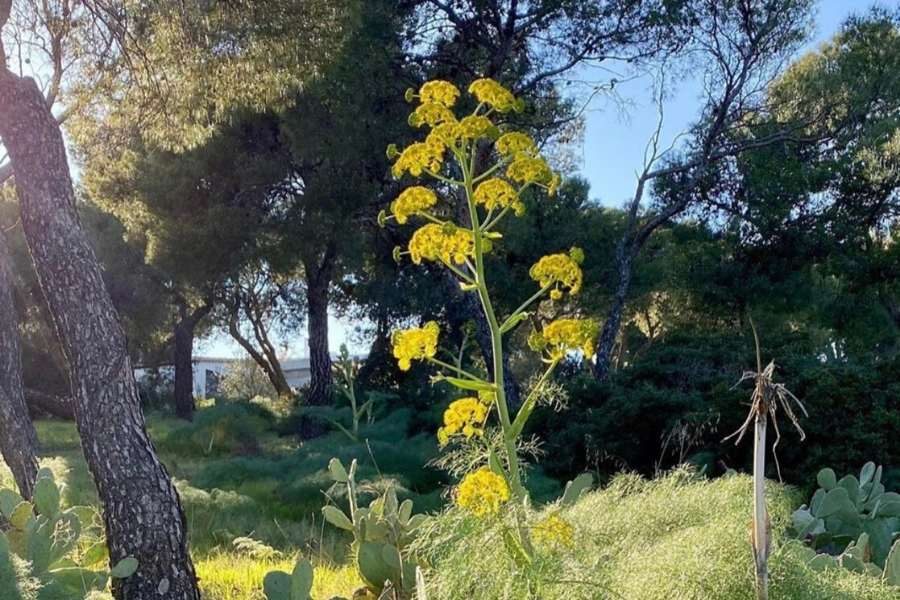
Despite the moments of dread and alarm, we humans are once again, proving adaptable. Yes, we have to lock ourselves away, but this is an opportunity. Those of us living in Greece are fortunate to have started lockdown as spring is burgeoning. Merely pausing to admire the new, bright green fig leaves bursting from the bare branches is inspiring and bitter orange trees in the street are wafting their intoxicating scent. Few Athenians lack some plants on a balcony and these are now incredibly precious. We also have the dazzling, mauve-tinged Attic light so admired through the centuries and providing us with daily delights.
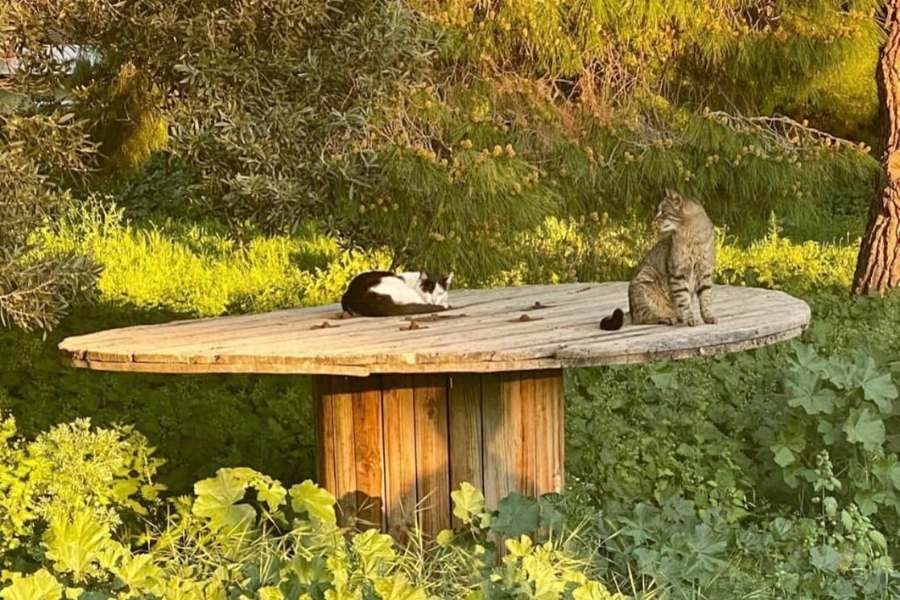
Since the crisis began, I have had an urge to keep busy with practical things: untypical housewifely virtues have erupted and I’ve found myself cleaning, cooking (I even baked a cake, which I haven’t done for years) and I’m extending normal balcony gardening by cultivating cuttings and taking extra care with my herbs. As an alternative to the news, I’ve got an audiobook on the go. As I do chores, George Eliot’s Daniel Deronda transports me to another time and place, with beautiful prose that nourishes my spirit. I also listen to podcasts, New Yorker short stories or the new raft of excellent Greek language productions from Pod.gr. Music too, is a great comfort and although I usually favour classical, I’ve branched out since my musician daughter founded an all-female metal band in London and jump about the place to HAWXX. Like almost everyone, box-sets are a good distraction, at least in moderation. Our current favourite is the intriguing, slow-burn French series, Le Bureau – like a Gallic version of Homeland.
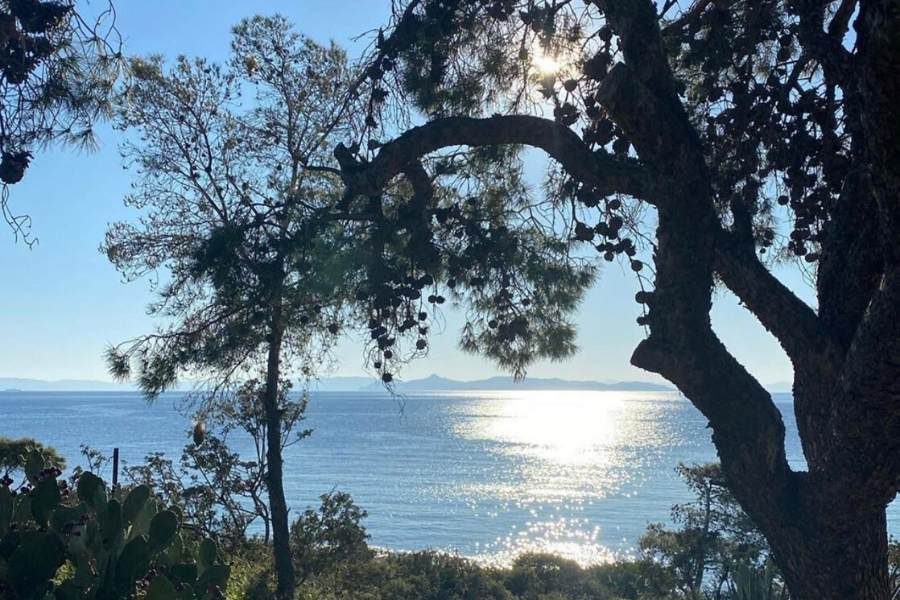
Humour is also keeping us all going. I’ve lost count of how often I’ve laughed at cartoons and video clips regarding life under quarantine, often sent by friends and family. Reminders to keep breathing achieve a similar result – anxiety is a physical response and taking long, slow breaths really does help. Online meditation, yoga and exercise classes are an excellent move, ideally done on the balcony.
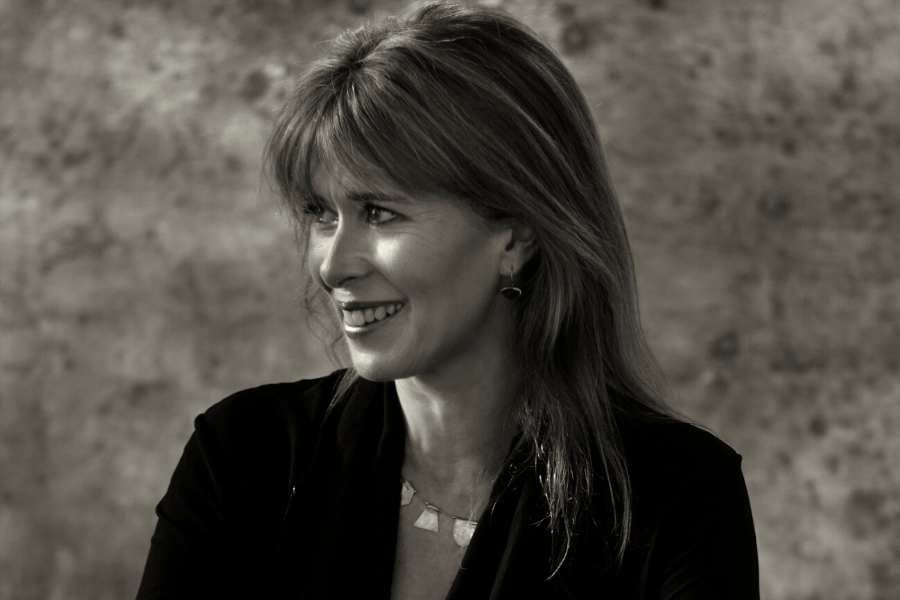
Coronavirus lockdown feels personal but it is universal; we are all together in our isolation. As we smell the flowers on our terrace or sip a cup of coffee on a limpid spring morning we realise we’re on a planet and part of global history. We are witnessing not merely ‘interesting times’ (as the old Chinese curse goes) but fascinating ones. This is not the first time humanity has faced a huge challenge; war, famine, dictatorship and plague are nothing new. For Greeks it is especially painful as the country has only recently emerged from the economic crisis, but Greeks have impressive resilience and their parents and grandparents have often been through worse. They know they can survive.
Most comforting of all for me has been taking the long view and thinking about history and nature. With skies cleared of planes and car-less roads, we are (albeit unwillingly) exercising an extreme version of what Greenpeace and Extinction Rebellion have recommended for so long. The air is already cleaner. In a country like Greece where too many are killed on the roads, these grim statistics will surely change – for a while.The crisis will end, life will resume. It would be wonderful if we emerge on the other side changed for the better and thinking differently about our precious world.

